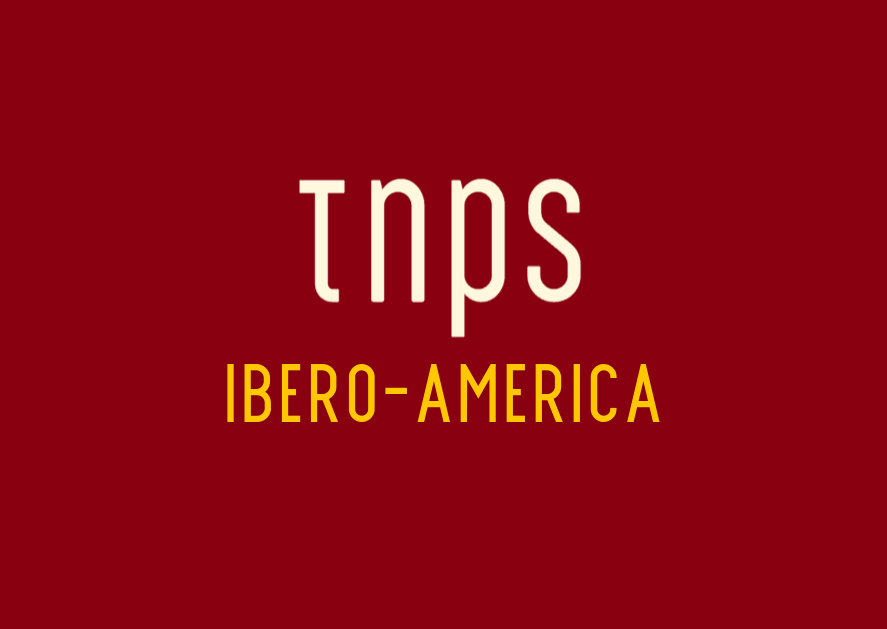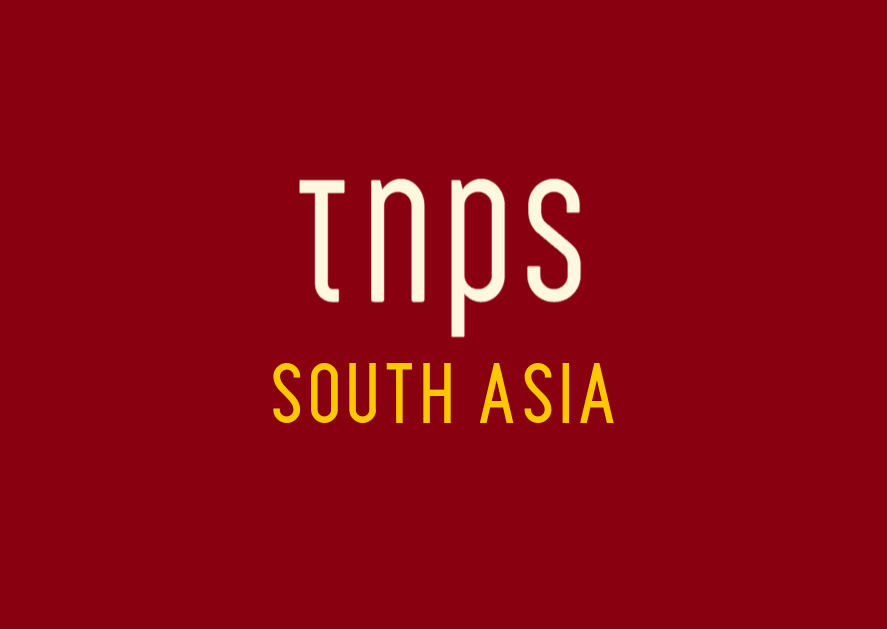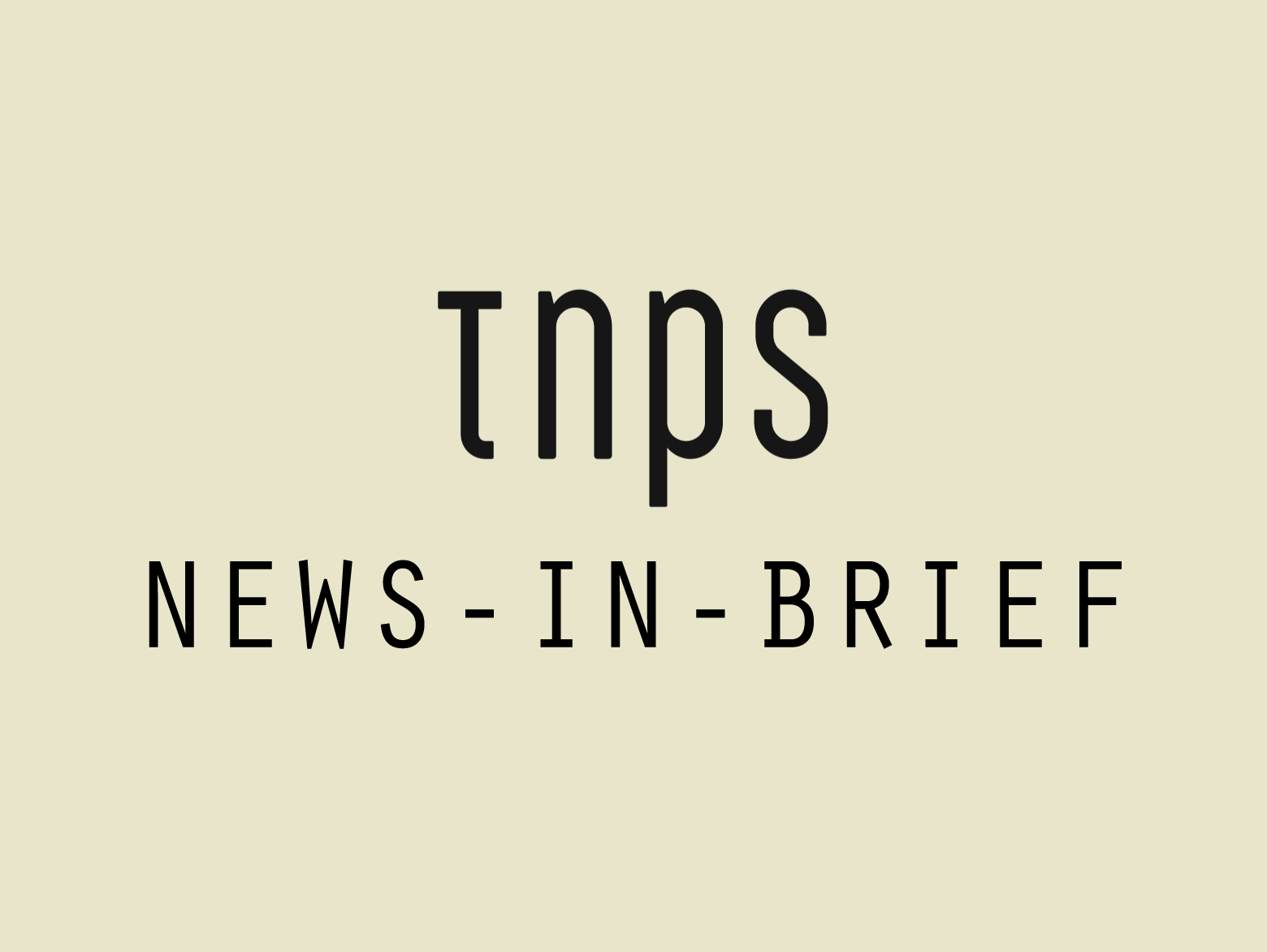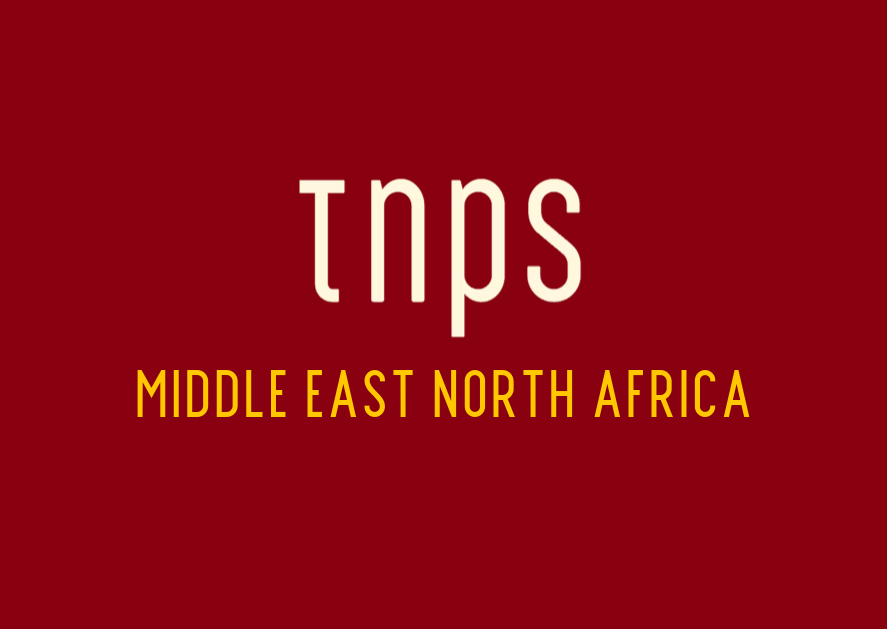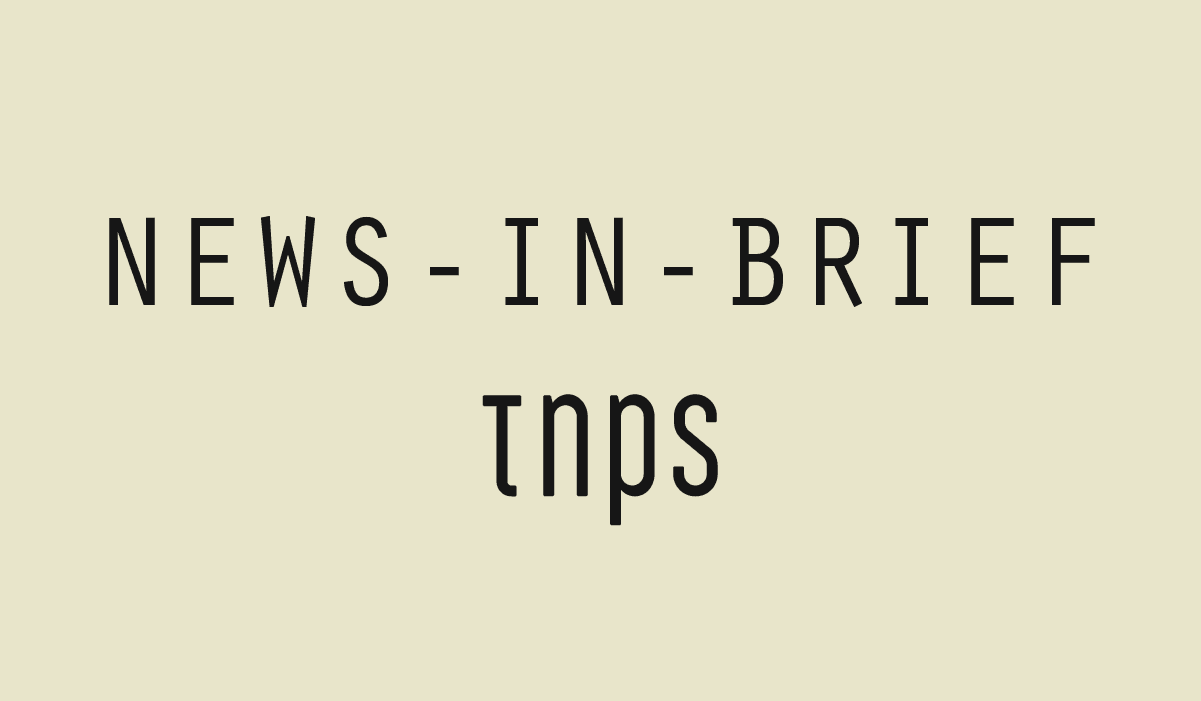Brazil’s publishers and retailers may be struggling, but the ever-growing attendance at Brazil’s book fairs shows the disaffection is with the system, not books.
In 2017 the Rio Biennial, which alternates with Sao Paulo to be the nation’s national book fair, drew a record-breaking crowd of 640,000 eager booklovers.
Today the dates for the 19th Rio Biennial have been announced. It will be held August 30 through September 8 next year (thar’s 2019 if you’re reading this at a later date).
Organised by the National Syndicate of Book Publishers (SNEL) and Fagga GL Events Exhibitions, the festival plan, reports Brazil’s PublishNews,
has been redesigned to focus activities, exhibitors and related sponsors in the same environment. The organizers believe that, in this way, brand communication will be even more efficient and interaction with visitors, more productive.
SNEL President Marcos da Veiga Pereira explained,
The Biennial is a success, a magical moment of interaction between visitors, publishers and authors. And to keep this enchantment, we are always investing in innovation, attentive to the news and transformations of both the market and society. In 2019, the goal is to offer several biennials within one, with well-defined spaces for each public profile.
The big question is whether the boom in book fair visitors can be converted to year-round book buying interest.
As reported here at TNPS, via PublishNews, Livraria Cultura’s Fnac Brasil buyout led not to more Fnac bookstores, but just the opposite. At the time of writing just one Fnac Brasil store remains.
Sao Paulo’s Avenida Paulista bookstore closes – Fnac Brazil now has just one bookstore standing
This year the Biennial in Sao Paulo attracted a “disappointing” 663,000 visitors, down from 800,000 in 2016 –
but overall the trend at book fairs and festivals has been upwards.
Take for example the 13th edition of the International Literary Festival of Pocos de Caldas, the Flipoços, held in May.
They were expecting 70,000 visitors, but 85,000 turned out and in the nine days of the festival books to the value of R$1.2 million ($325,000) were sold.
Small beer compared to the 2016 Rio Biennial where over 2.5 million books were sold.
I don’t have the unit book numbers for Sao Paulo this year, but despite the lower than expected turnout actual sales at the event were up 33%, and the average spend per person was over $41.33.
It’s anyone’s guess just how many of these “off-sales” happening at irregular events like book fairs and festivals actually show up in the national estimates of book sales that tell us how healthy or otherwise the Brazil book market is, but we can safely assume many book fair sales go untracked and uncounted.
And when we’re talking millions of books worth millions of dollars, that’s worth bearing in mind.
The global book market is always bigger than you think.

